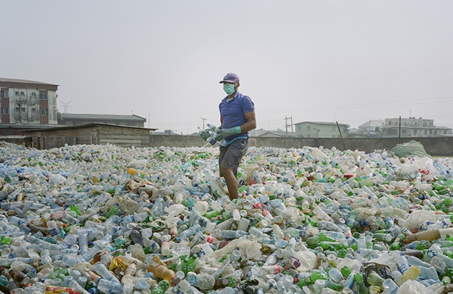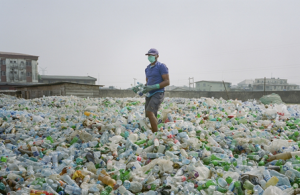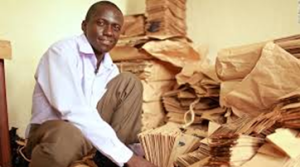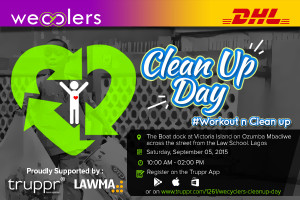By Ajibola Ameerah
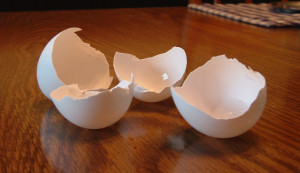 Eggs are an excellent source of protein and choline, they are very affordable, found almost everywhere and can be consumed solely as a dish or combined with several other ingredients to make amazing delicacies. The question is, what do we do with the eggshells? Majority of us count it as waste and toss it in the trash. However, we might want to think again after we find out the benefits we can derive from and reusing egg shells.
Eggs are an excellent source of protein and choline, they are very affordable, found almost everywhere and can be consumed solely as a dish or combined with several other ingredients to make amazing delicacies. The question is, what do we do with the eggshells? Majority of us count it as waste and toss it in the trash. However, we might want to think again after we find out the benefits we can derive from and reusing egg shells.
- Eco-friendly household abrasive: why spend extra cash on abrasives when you can get it for free? Simply rinse out shells after emptying its content. Dry and grind into powder and viola!, your homemade abrasive. Add a little soapy water and you are good to go. Works fine on pots and pans,vases and any other item that needs scouring. Easy right?
- Coffee lover? You can make your coffee less bitter by adding eggshells. Simply add an eggshell to the coffee in the filter. This should work well for those trying to cut down their sugar intake. Remember the coffee grounds, egg shell and filter are biodegradable and can be easily added to your compost pile
- Pest control in the garden: scatter crushed eggshells around your plants and flowers to keep plant-eating slugs, snails, caterpillars and cutworms without having to use pesticides.
- Natural drain cleaner: by keeping crushed eggshells in your kitchen sink strainer, you not only trap additional solids on their way down, you also naturally and effortlessly clean your pipes as the eggshells gradually break up and finds it way down the drain

- Skin care: grind dried eggshells into smooth powder and combine with egg white for a healthful skin-tightening facial. Allow to dry completely before rinsing out. It can also be used to treat minor skin irritations and itchy skin by dissolving eggshells in apple cider vinegar (takes about 2 days).
- Health benefit: eggshells are a natural source of minerals and contain about 90% calcium. Calcium is easily absorbed and needed by the body as one of its benefits is in the formation of strong bones and teeth. Eggshells should be added to our daily diet as about 2-3grams of crushed eggshell per day is enough to meet our calcium daily requirements. Let’s get cracking!
- Fuel: well well well, who might have thought! Researchers at the Ohio State University discovered that eggshells might be the key to producing affordable hydrogen fuel.
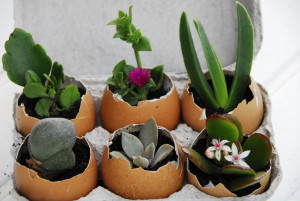
- Art: Eggshells can also be used to make beautiful mosaics and art pieces for home decoration. All it takes is a little bit of imagination and creativity.
Start keeping your eggshells today!
Culled from:
http://www.recycling.co.uk/egg-shells
www.buzznigeria.com/amazing-health-benefits-of-egg-shell-you-need-to-read-this/#google_vignette
www.goodhousekeeping.com/home/a18022/reuse-eggshells-460809/

